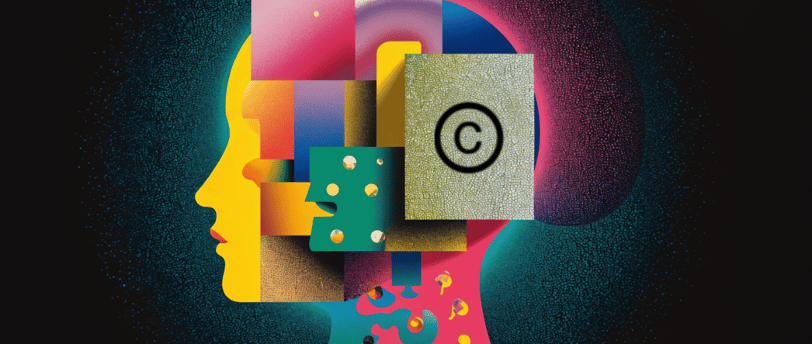AI and Copyright: Navigating the Crossroads of Innovation and Creative Rights
Balancing Technological Advancement with the Protection of the Creative Sector
3/11/20252 min read


Artificial Intelligence (AI) is revolutionizing various industries, offering unprecedented opportunities for innovation and efficiency. However, its rapid integration into creative processes has sparked significant debates regarding copyright laws and the protection of intellectual property. Recent discussions, particularly those involving experts from Oxford University, highlight the potential risks that unchecked AI advancements pose to the economic foundation of the creative sector.
The Core of the Debate: AI and Copyrighted Material
At the heart of the controversy is the use of copyrighted works to train AI models. Generative AI systems, such as those developed by major tech companies, often rely on vast datasets that include artistic, literary, and musical works. The proposed changes to copyright laws would permit AI developers to utilize these works without explicit permission from the original creators, unless the creators opt out. Critics argue that this approach disproportionately favors large AI firms and undermines the rights and revenues of individual artists and smaller creative enterprises.
Economic Implications for the Creative Industry
The creative sector significantly contributes to the economy, with industries such as music, film, literature, and visual arts generating substantial revenue and employment. Allowing unrestricted use of copyrighted material for AI training could devalue original works and diminish income streams for creators. This scenario is reminiscent of past challenges faced by the creative industry, where technological advancements outpaced the development of protective legal frameworks, leading to economic downturns for content creators.
Advocacy for Curated and Protected Datasets
In response to these concerns, experts advocate for the creation of curated and protected datasets for AI training. This approach ensures that AI development progresses without infringing on the rights of creators. By establishing clear guidelines and requiring explicit permission for the use of copyrighted materials, a balance can be struck between fostering technological innovation and safeguarding the interests of the creative community.
Global Perspectives and Legal Considerations
The debate extends beyond the UK, with global implications for copyright laws and AI development. Legal experts warn that permitting AI companies to use copyrighted works without explicit consent may breach international agreements, such as the Berne Convention, exposing nations to legal challenges. This perspective underscores the necessity for a harmonized approach that aligns with international legal standards while promoting ethical AI practices.
Quantum Leap’s Commitment to Ethical AI Integration
At Quantum Leap, we recognize the transformative potential of AI in enhancing business processes, customer engagement, and operational efficiency. However, we firmly believe that such advancements should not come at the expense of creative rights and ethical standards. Our approach to AI integration emphasizes respect for intellectual property, advocating for transparent practices that benefit both technological progress and the creative industry.
